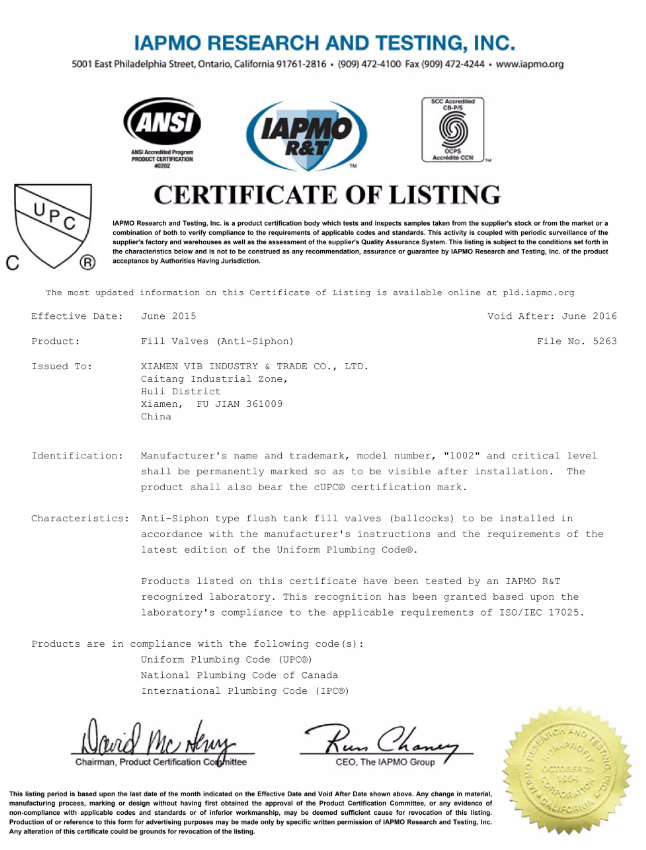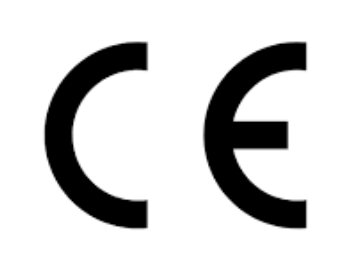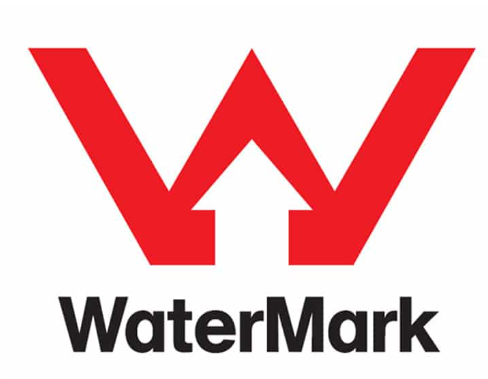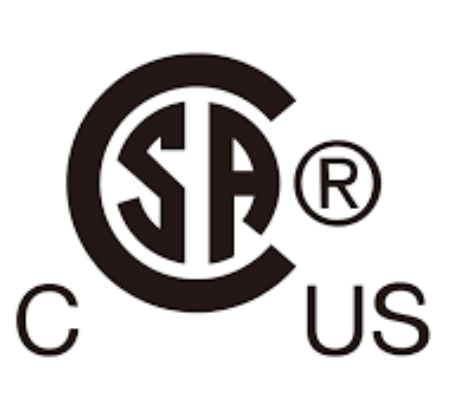What does UPC?
When you purchase a toilet, especially in markets like North America, one of the most important factors to consider is whether the product is UPC certified. But what does UPC stand for, and why is it important for toilets? In this article, we’ll explore the significance of UPC certification, the specific requirements it enforces for toilets, its global relevance, and alternatives for regions where UPC is not mandatory.

1. Understanding UPC Certification
What Does UPC Stand For?
UPC stands for Uniform Plumbing Code, which is a set of standards developed by the International Association of Plumbing and Mechanical Officials (IAPMO). The UPC ensures that plumbing products, including toilets, meet essential performance and safety criteria. For toilets, UPC certification is critical for verifying the product’s quality, water efficiency, durability, and environmental impact.
The Role of IAPMO
The International Association of Plumbing and Mechanical Officials (IAPMO) is the governing body behind the UPC. It was established to protect public health and safety by setting standards for plumbing systems and products, including toilets. IAPMO works closely with manufacturers, like Danubetoilet, to certify products that comply with its strict standards.
2. Key Requirements for UPC-Certified Toilets
Performance Standards
UPC-certified toilets must meet specific performance standards that ensure effective flushing, durability, and user safety. These standards often include:
- Water consumption limits: The UPC requires toilets to meet stringent water conservation standards, such as a maximum of 1.6 gallons per flush (GPF) or 1.28 GPF for high-efficiency models.
- Flushing effectiveness: The toilet should effectively remove waste with a single flush, preventing blockages or incomplete flushing.
Material Quality
UPC certification ensures that toilets are made from durable, safe materials that will not degrade over time. This is particularly important for maintaining hygiene and preventing leaks or damage in the long run.
Structural Integrity and Leak Resistance
The UPC tests toilets for structural integrity, ensuring that they can withstand normal usage and stress without cracking. Additionally, UPC certification requires the product to be leak-resistant, which is crucial for preventing water damage and wastage.
Environmental Standards
Many UPC requirements overlap with eco-friendly certifications such as WaterSense (EPA). Toilets that meet UPC standards are often designed with water conservation in mind, helping consumers reduce water usage and environmental impact.

3. Which Countries Require UPC Certification?
While UPC certification is widely recognized, it is not a global requirement. However, it is mandatory in several key regions, especially for imports into the United States and Canada. Other countries may accept UPC as a recognized certification, even if it’s not a legal necessity.
North America
- United States: UPC certification is required for most plumbing products, including toilets, to ensure compliance with local building codes.
- Canada: UPC certification is often required for plumbing products entering the Canadian market, ensuring they meet both performance and safety standards.
Global Acceptance
Although UPC is primarily a North American standard, it is gaining acceptance in other countries, particularly in regions that import plumbing products from the U.S. and Canada. Countries in Central and South America, and even parts of Asia, may look for UPC certification as a mark of quality, even if not strictly required by local laws.
4. Is UPC Certification Replaceable?
If a product doesn’t have UPC certification, it may still be allowed into certain markets, provided it has equivalent certifications. The following certifications can serve as alternatives, depending on the specific market:
CE Marking (European Union)
In the European Union, CE Marking is the standard certification for many types of plumbing products. While it’s not identical to UPC, it ensures that the product complies with essential health, safety, and environmental protection standards within the EU.

WaterMark (Australia and New Zealand)
For Australia and New Zealand, the WaterMark Certification Scheme is mandatory for toilets. WaterMark certification ensures that the product complies with local plumbing regulations and meets performance and safety standards similar to those of UPC.

CSA Certification
In some markets, CSA (Canadian Standards Association) certification is accepted as an equivalent or complementary certification to UPC. CSA covers both plumbing and mechanical standards and is often used in conjunction with UPC for products sold in Canada.

WaterSense Label
The WaterSense label by the U.S. Environmental Protection Agency (EPA) is another certification often considered alongside UPC. While it primarily focuses on water efficiency, products bearing the WaterSense label must also meet high performance standards, similar to those required by the UPC.
5. Professional Organizations for UPC Certification
Several organizations specialize in providing UPC certification, ensuring products meet all necessary performance and safety requirements. Some of the most notable certification bodies include:
International Association of Plumbing and Mechanical Officials (IAPMO)
As the governing body behind the UPC, IAPMO is the primary authority for certifying toilets and other plumbing products. Manufacturers, like Danubetoilet, seeking UPC certification for their products must work directly with IAPMO or one of its authorized agents.
CSA Group
The CSA Group also provides certification services for UPC-compliant products. They are highly regarded in North America and work closely with IAPMO to test and certify toilets, ensuring compliance with both UPC and CSA standards.
NSF International
NSF International is another global organization that offers UPC certification. Their certification services focus on health and safety, ensuring that plumbing products like toilets meet the strict performance criteria established by the UPC.
6. Why Danubetoilet Products Stand Out with UPC Certification
At Danubetoilet, we pride ourselves on producing high-quality toilets, bathroom vanities, washbasins, and other sanitary products. Our commitment to quality is demonstrated through our pursuit of UPC certification for all our products. By ensuring our products meet UPC standards, we guarantee that they provide top-tier performance, water efficiency, and durability, making them ideal for both residential and commercial applications.
Comprehensive Product Range
Our range of products includes not only toilets but also bathroom vanities and washbasins, all designed with the highest quality standards in mind. As a leading manufacturer in the industry, we ensure that our products are compliant with both international standards and market-specific requirements, such as UPC.
One-Stop Certification Solutions
Danubetoilet offers a one-stop service for large-scale purchasers and small-batch e-commerce sellers, ensuring that all our products meet the necessary certifications, including UPC. This makes us a trusted partner for businesses looking to enter the North American market with confidence.
Conclusion: The Importance of UPC Certification for Toilets

In summary, UPC certification plays a crucial role in ensuring that toilets meet essential performance, safety, and environmental standards, particularly in the North American market. While other certifications such as CE, WaterMark, and CSA may serve as alternatives in certain regions, UPC remains the gold standard for toilets sold in the U.S. and Canada. For manufacturers like Danubetoilet, obtaining UPC certification is not just a regulatory requirement, but a commitment to delivering high-quality, durable, and efficient plumbing products.
If you are a large-scale buyer or cross-border e-commerce seller, choosing UPC-certified toilets from Danubetoilet ensures that you are investing in reliable, market-ready products that comply with international standards.
